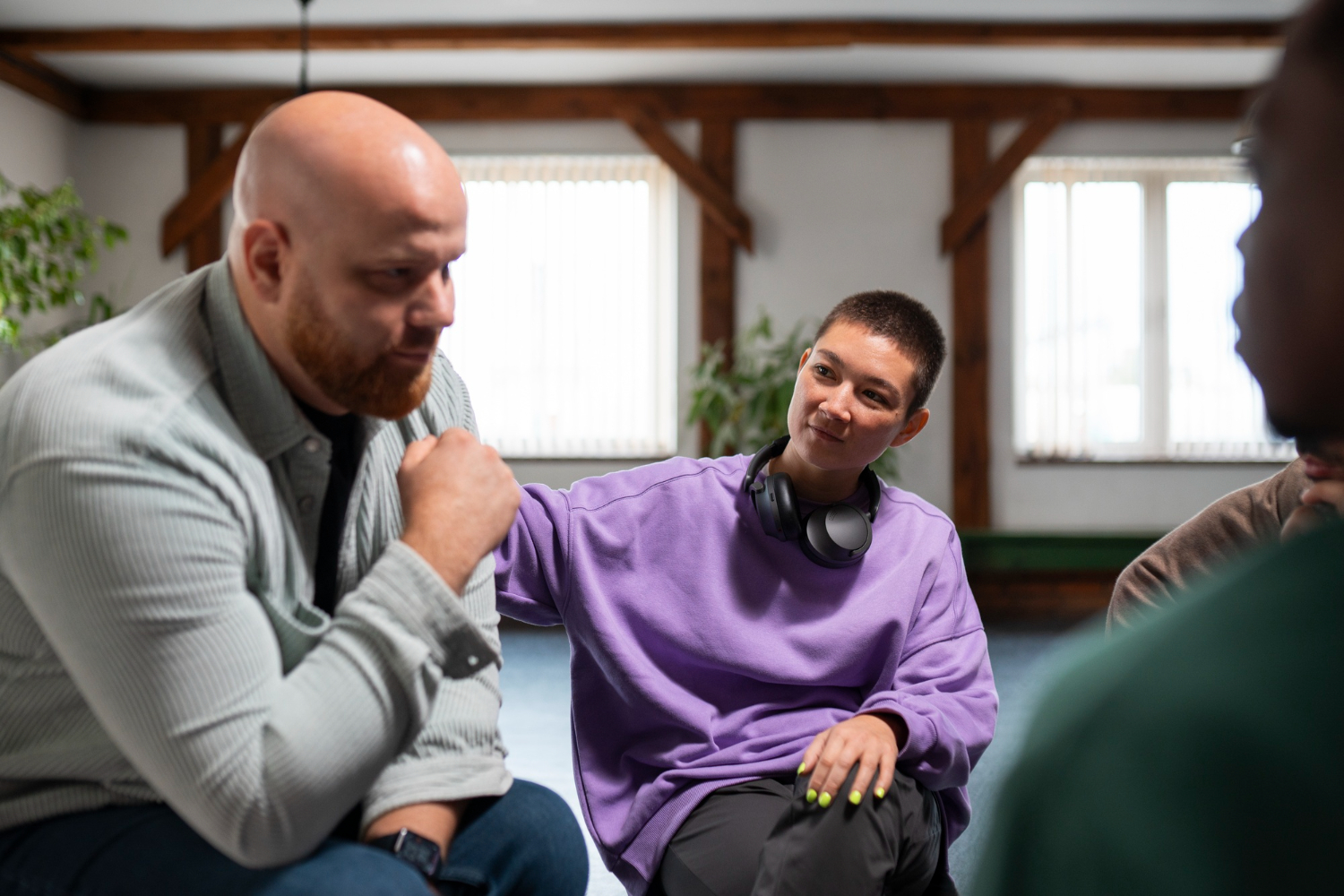Uncover the premier alcohol and drug rehab centers in Warren, Ohio. Browse through 23 local treatment facilities that provide inpatient, outpatient, and detox services.
Use advanced search filters to refine your options by payment methods, amenities, specialty programs, and more to find the perfect treatment tailored to your specific needs.
11 Treatment Centers in Warren, OH
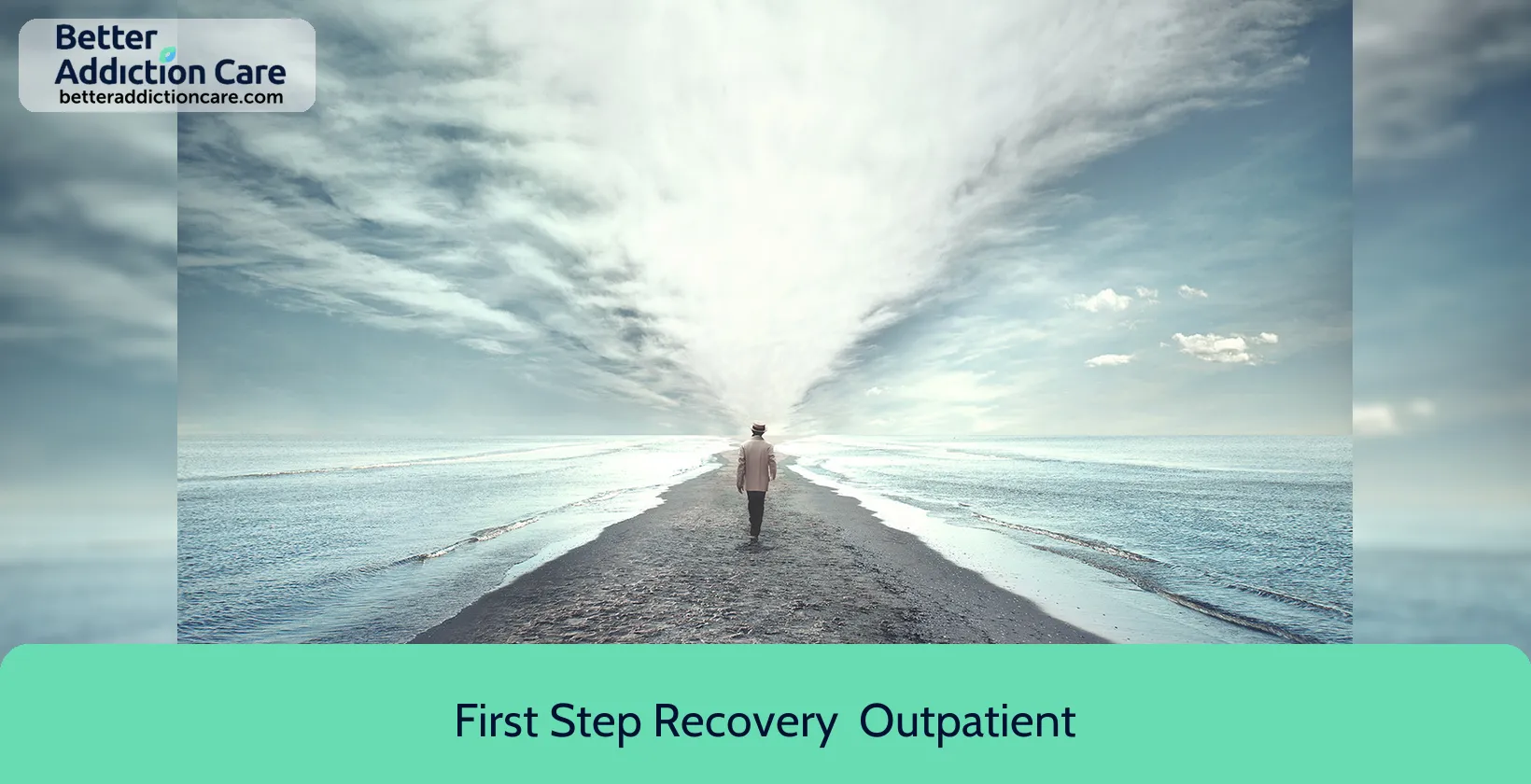
7.03
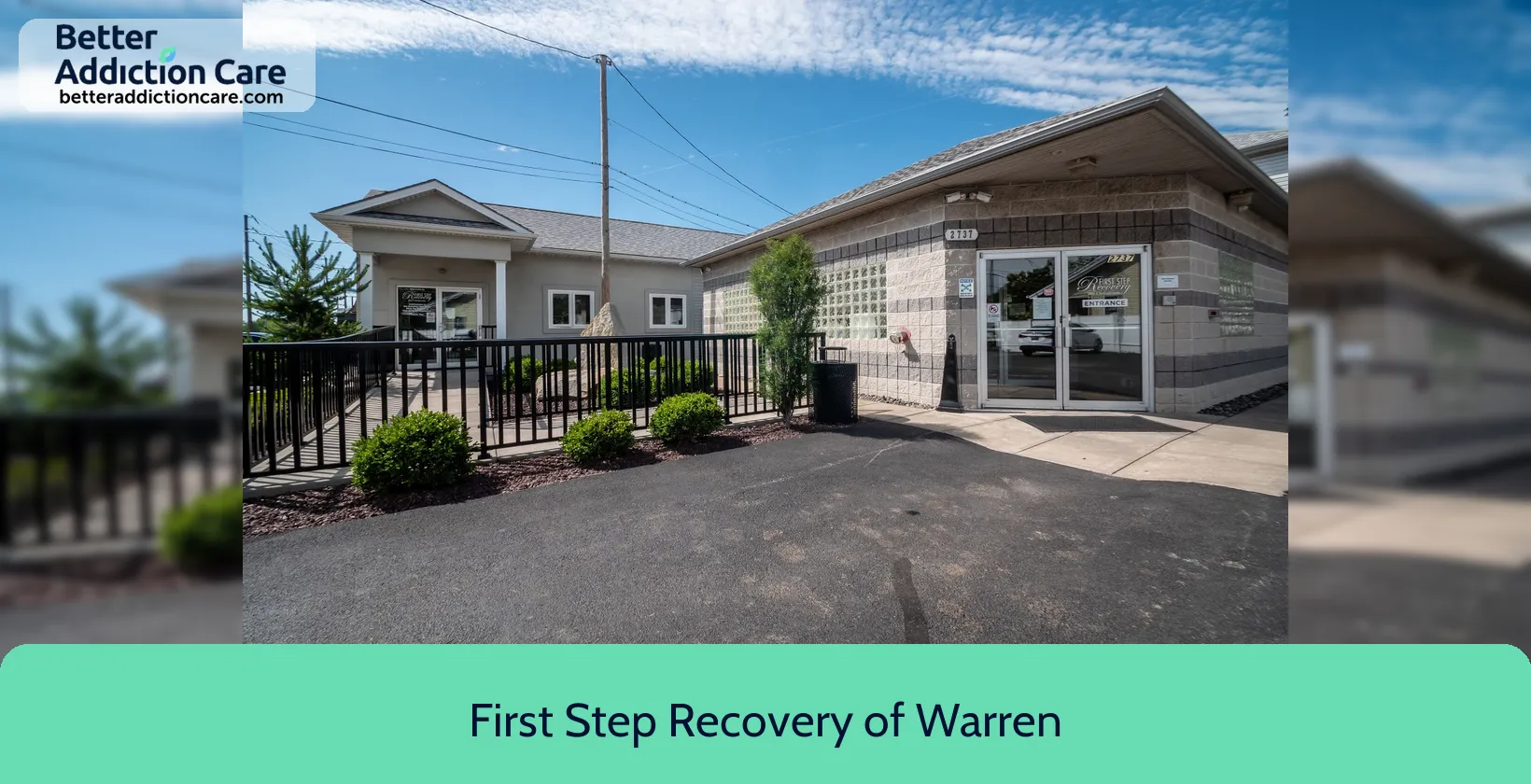
7.17
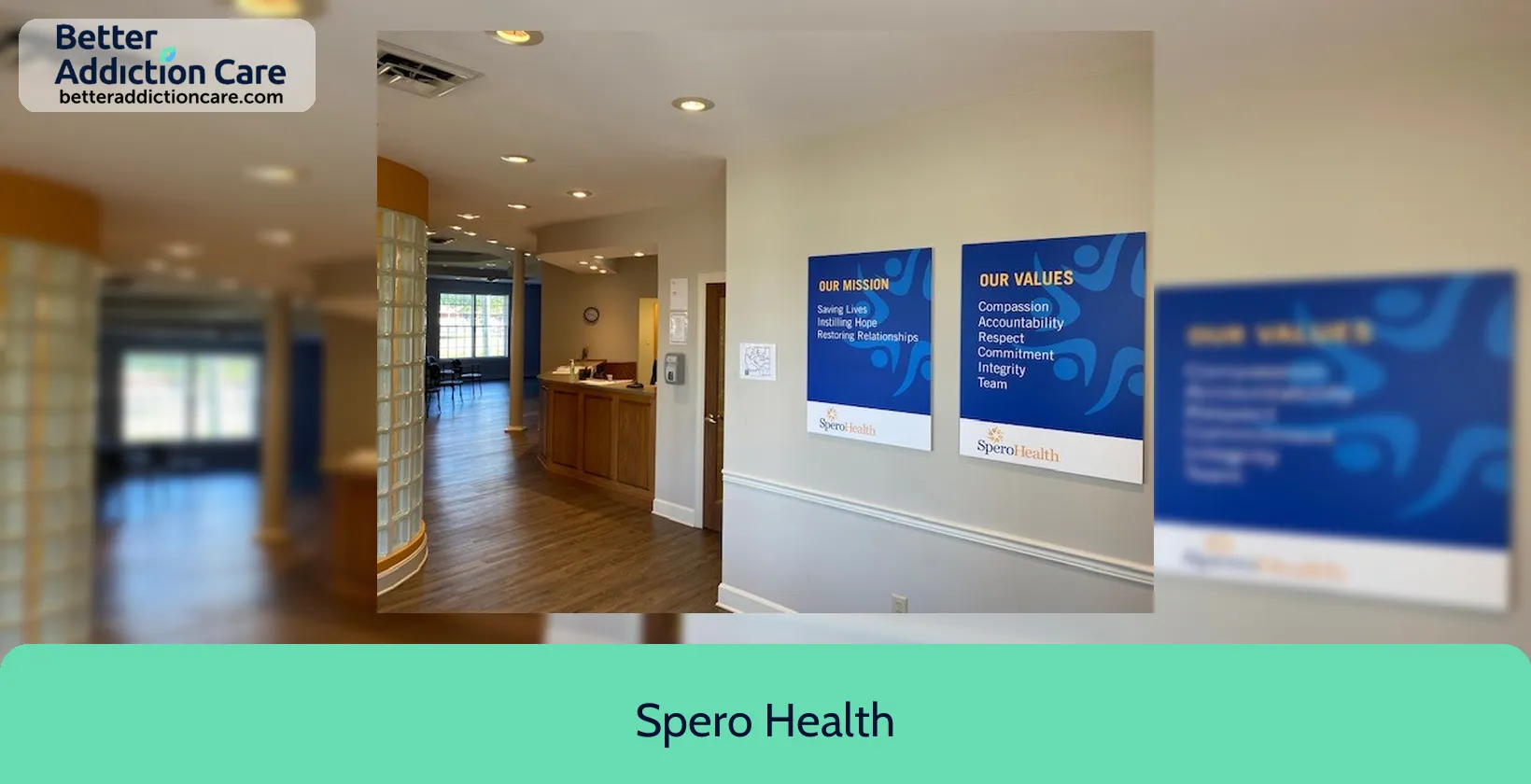
7.14
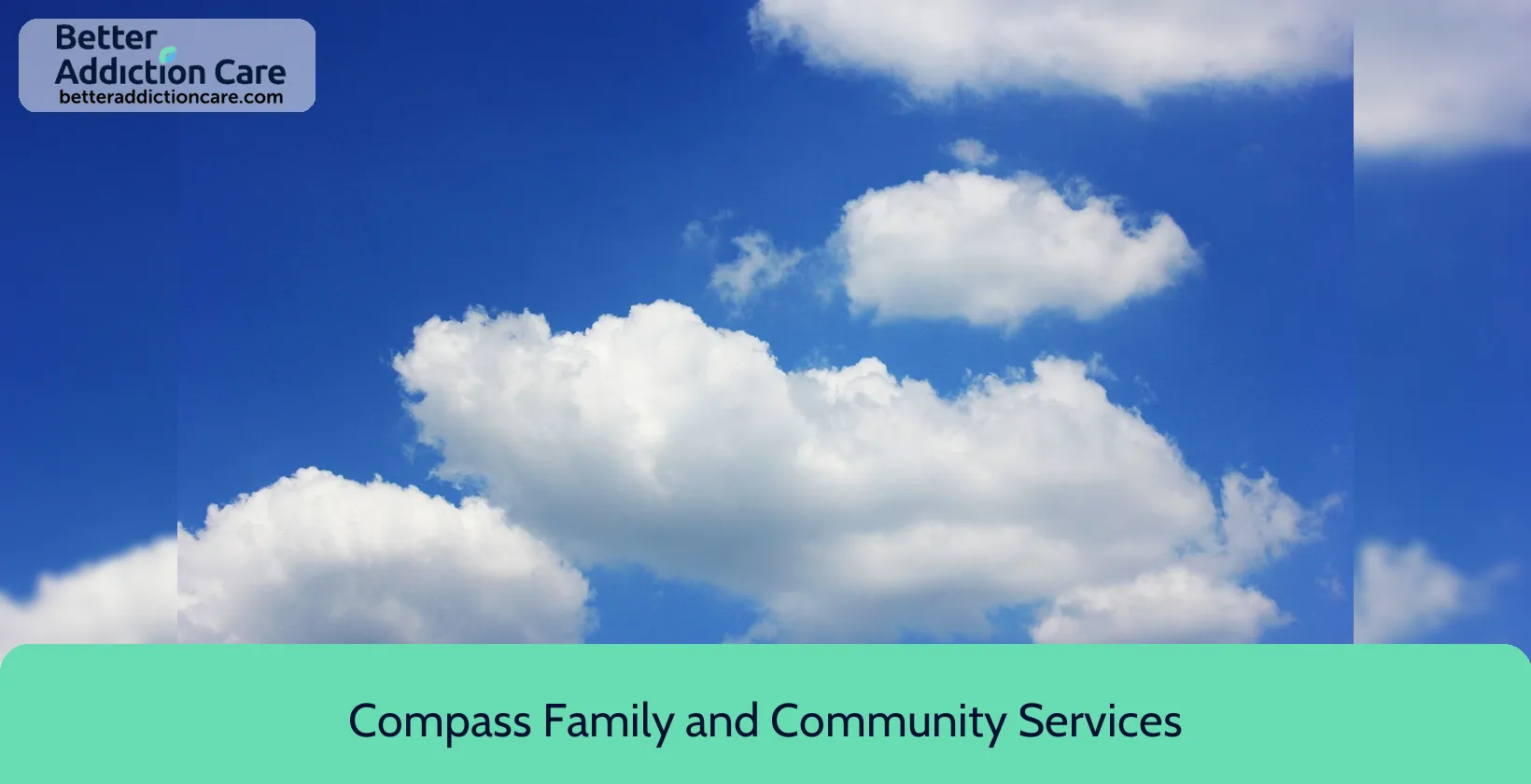
7.11

6.59

7.36
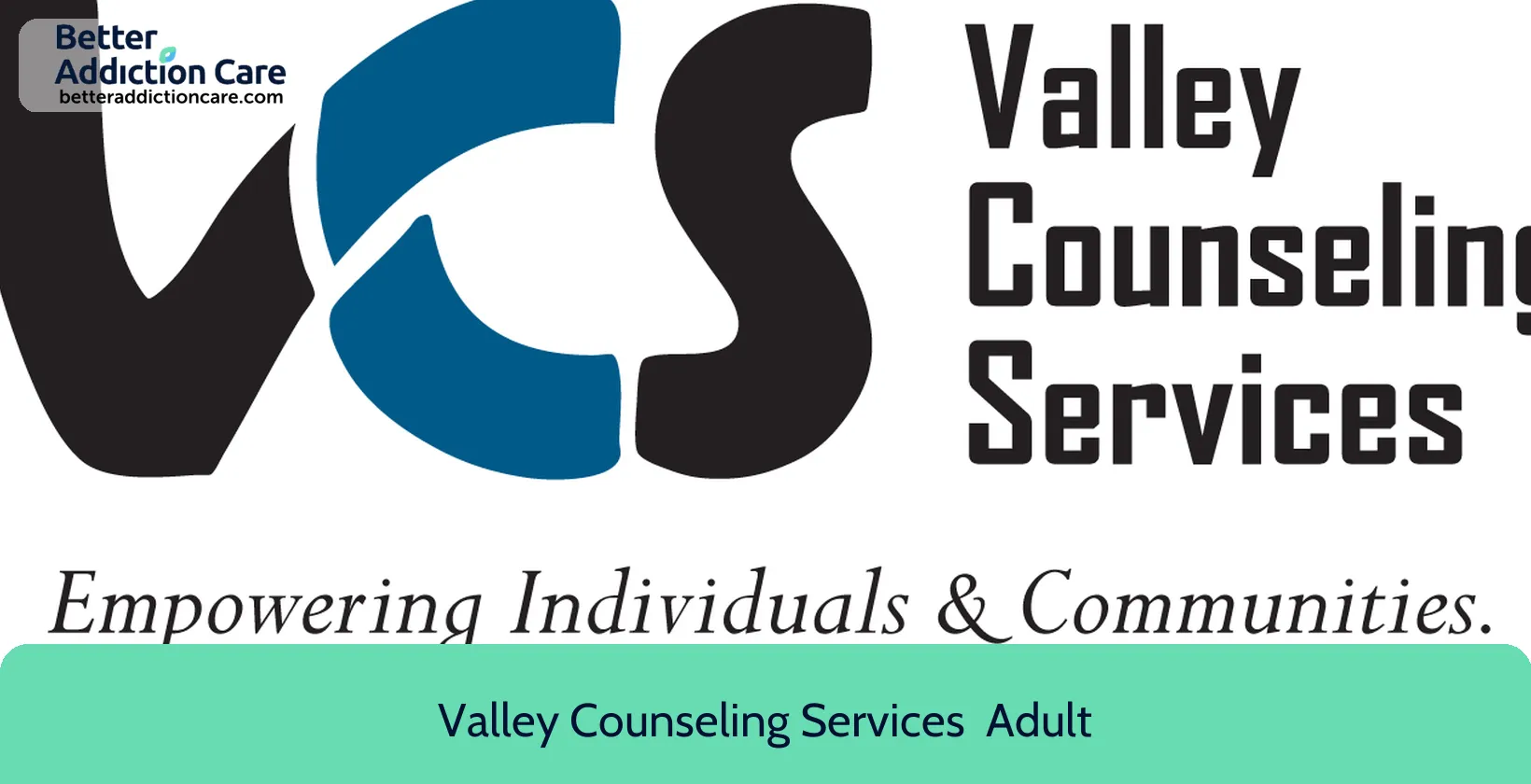
6.68
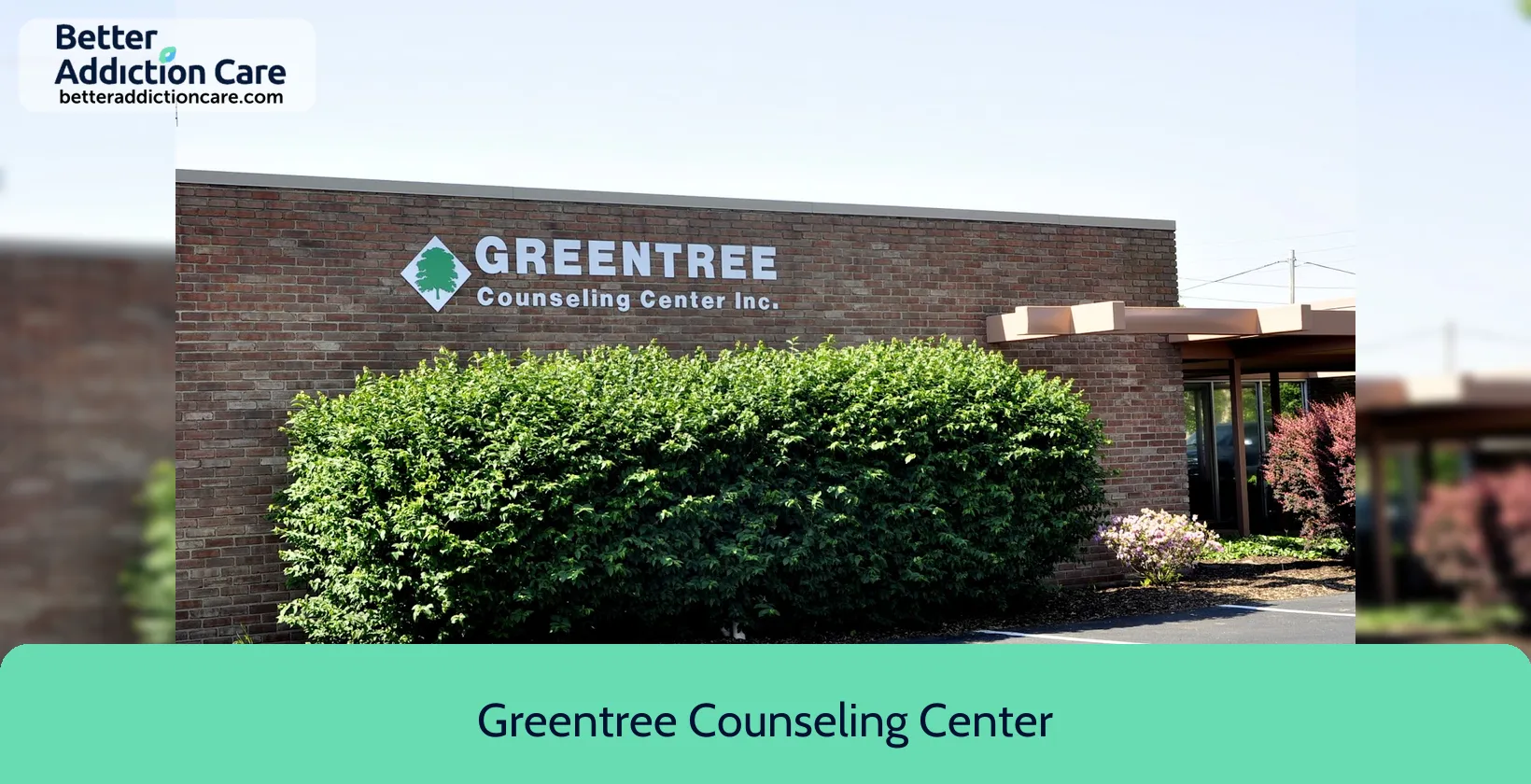
6.62

8.16

6.68

6.68
